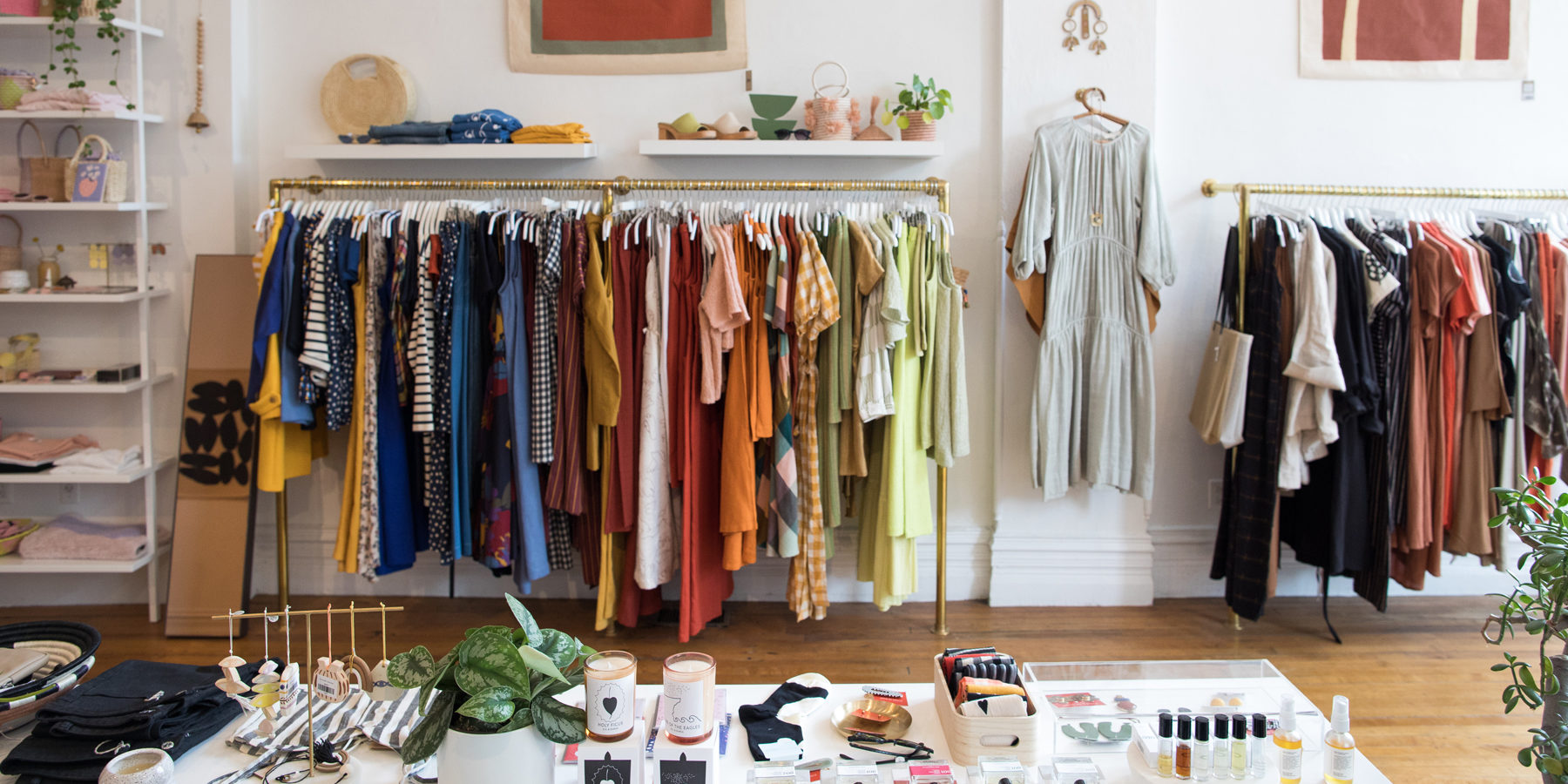Exploring the Evolution and Effect of Apparel on Modern Style Trends
The development of apparel has dramatically affected contemporary style trends, combining historic precedents with cutting-edge developments. Legendary numbers like Coco Chanel and Yves Saint Laurent transformed the style industry by introducing principles that prioritize convenience and ease of access, which proceed to resonate today.
Historic Style Influencers
In the tapestry of fashion background, particular numbers have actually left an enduring mark, shaping the trends and designs that define entire periods. Coco Chanel, a revolutionary designer, redefined women's style by presenting comfy, classy garments that departed from restrictive bodices. Her legendary Chanel fit and little black dress have actually come to be classic staples in closets worldwide. Likewise, Christian Dior's post-war "Make over" in 1947, with its party of feminineness via complete skirts and cinched waistlines, noted a return to luxury and has actually continued to influence developers.
Elsa Schiaparelli is another essential number, renowned for her avant-garde styles that included surrealist art, collaborating with Salvador Dalí to produce wayward pieces that challenged conventional appearances. Her ingenious usage of shade and strong patterns reverberates in modern fashion. Yves Saint Laurent, meanwhile, democratized haute couture with prêt-à-porter collections, bringing path designs to the masses and establishing a precedent for modern ready-to-wear lines.
These enthusiasts, to name a few, not just transformed style in their times however also set enduring fads that reverberate in today's garment industry, giving a foundation whereupon modern developers remain to construct and introduce. Their traditions highlight the relevance of creative thinking and daring in fashion's ever-evolving narrative.
Technological Developments in vogue
Amidst the vibrant landscape of the garment industry, technological innovations stand at the forefront of innovation, improving exactly how developers create and consumers engage with fashion. The integration of 3D printing has actually transformed layout procedures, allowing developers to experiment with complicated structures and sustainable materials that were previously inconceivable. This modern technology facilitates quick prototyping, minimizing waste and speeding up manufacturing times.

Smart textiles, installing technology right into textiles, are also transforming the market. Advancements like self-cleaning and temperature-regulating fabrics use improved performance and comfort. Wearable innovation, including functions like fitness monitoring and communication, includes a new measurement to fashion, merging visual appeals with usefulness.
Cultural Changes and Style
As technological improvements continue to reshape the apparel industry, cultural changes are just as significant, redefining design and customer preferences. Over the last few years, the surge of social networks platforms has actually sped up the dissemination of global style patterns, permitting diverse cultural impacts to converge and exist together. This digital interconnectivity has actually assisted in the rapid exchange of ideas, causing a more diverse and comprehensive analysis of click this site style that mirrors the diverse nature of modern-day society.
Social understanding and recognition have prompted developers to draw motivation from a more comprehensive spectrum of historical and ethnic contexts, incorporating standard motifs with contemporary aesthetic appeals. This blend has resulted in style that resonates with a larger target market, promoting a sense of identity and belonging across various demographics. Additionally, the boosting demand for customization has actually driven brands to use adjustable options, making it possible for customers to reveal individuality while reflecting their social heritage.
In addition, moving social values have actually impacted fashion, with inclusivity and diversity ending up being central themes. The sector has begun to embrace designs and influencers of numerous type of body, ethnic cultures, and sex identities, tough standard beauty requirements. This transformation highlights the power of social shifts in shaping the future of style, as style ends up being a much more authentic expression of individual and collective identity.
Sustainability and Modern Layout
While the fashion market proceeds to develop, the imperative for sustainability has ended up being increasingly immediate, affecting contemporary layout methods. The rise of slow-moving fashion, which emphasizes high quality over amount, motivates customers to invest in classic pieces rather than short-term trends.
Additionally, contemporary design is defined by its advancement in lessening waste and promoting circularity. This method not just alleviates ecological effect but likewise enhances the social obligation of style homes.

Future Trends in vogue
-a1f7b3f.jpg)
Sustainability will proceed to be a driving force in forming future style trends. The industry is significantly embracing eco-friendly materials and moral manufacturing methods, reacting to a growing customer need for accountable practices. Developments such as bio-fabricated products and closed-loop recycling systems are readied to redefine exactly how apparel is created and eaten, decreasing environmental effect while preserving style and top quality.
Social shifts, including the surge of inclusivity and diversity, will certainly also play a pivotal duty. As society ends up being a lot more conscious of social issues, style is expected to become a system for expression and adjustment. Developers will likely concentrate on developing collections that reflect a wider range of experiences and identities, promoting depiction and ease of access.
Verdict
The advancement of garments considerably impacts modern-day fashion fads, where historic impacts combine with contemporary layouts. This ongoing advancement highlights style's function as a mirror to societal worths and technological advancement, recommending a future abundant with development and inclusivity.
The development of clothing has dramatically influenced modern-day fashion patterns, combining historical criteria with cutting-edge innovations.In the middle of the dynamic landscape of the fashion market, technical innovations stand at the forefront of advancement, reshaping just how designers create and consumers involve with fashion.While the fashion sector proceeds to develop, the essential for sustainability has ended up being significantly immediate, influencing modern-day style practices. As sustainability ends up being ingrained in modern style, it paves the way for a more mindful and responsible fashion market.
The advancement of clothes dramatically affects modern fashion patterns, where historical reference impacts combine with modern layouts.